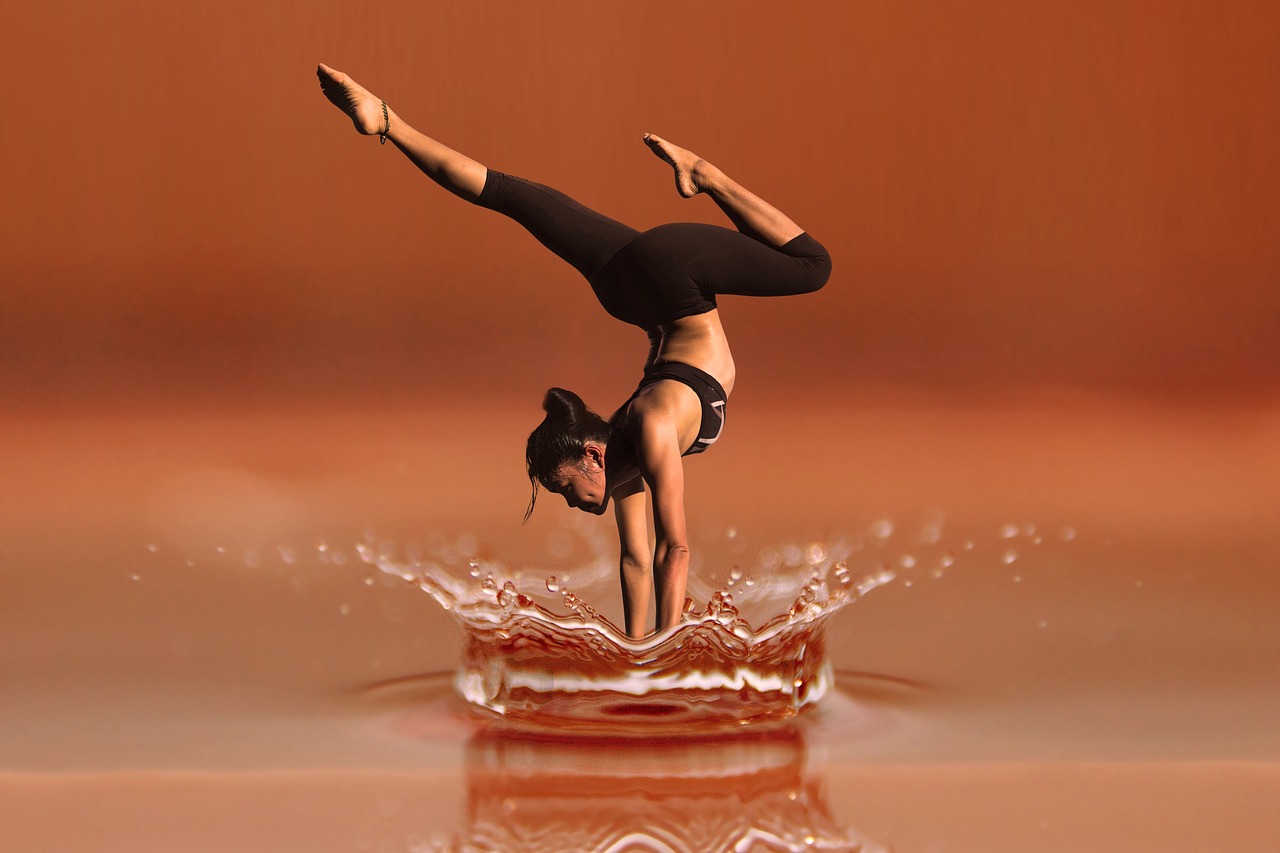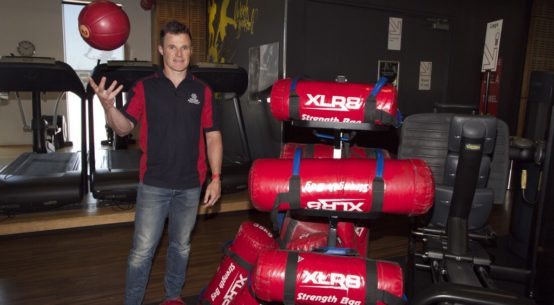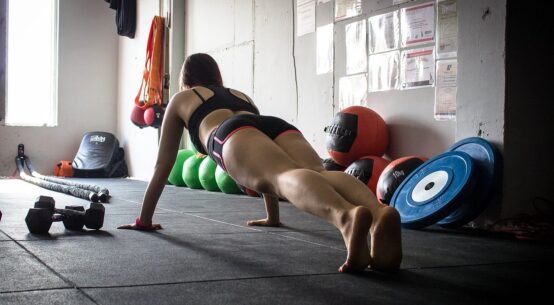
Christchurch – Richard Beddie, one of New Zealand leading’s exercise experts, is one of 20 specialists from all over the world to be invited to talk to the World Health Organisation (WHO) in Geneva on February 25 and 26.
Beddie, who is recognised in the fitness industry as a global expert in exercise and physical activity, will be speaking at the WHO event which is seeking to get people more active for a healthier world.
h
He says the conference will focus on the private sector, NGOs and governments so they can cooperate to increase physical activity rates globally.
Beddie, the chief executive of ExerciseNZ, has the knowledge and experience in getting more people active.
“The WHO event could improve the quality of lives of Kiwis, and if implemented, will reduce the health burden of inactivity on the taxpayer and government and it will explore ways of collaboration between Government, NGOs, the exercise industry and employers to get more Kiwis to be more active,” he says.
Beddie has a background in governance of global bodies including being chairman of the International Confederation of Register for Exercise Professionals (ICREPs) for four years and nine years with Skills Active Aotearoa, New Zealand’s standard setter for education and training in sport fitness and recreation.
He set up the world’s first collaborative network for registered exercise professionals globally and has worked with other countries to facilitate portability for New Zealand-trained exercise professionals to travel and work overseas.
“I am privileged to have been Involved with education and quality standards for the exercise industry in New Zealand for the last 20 years, including setting up NZ’s first national registration body for exercise professionals in 2003.
“I have also helped support district councils run large sport and reaction programmes to involve more people, while being financially sustainable.
“On the global stage, there is insufficient physical activity which is one of the leading risk factors for death worldwide.
“Globally, one in four adults is not active enough. More than 80 percent of the world’s adolescent population is insufficiently physically active.”
WHO defines physical activity as any bodily movement produced by skeletal muscles that requires energy expenditure – including activities undertaken while working, playing, carrying out household chores, travelling, and engaging in recreational pursuits.
WHO recommends that children and adolescents aged five to 17 years should do at least 60 minutes of moderate to vigorous-intensity physical activity daily. Physical activity of amounts greater than 60 minutes daily will provide additional health benefits.
“Adults aged 18 to 64 years should do at least 150 minutes of moderate-intensity physical activity throughout the week, or at least 75 minutes of vigorous-intensity physical activity every week. But the key is start somewhere, once a week for 30 minutes is better than no exercise,” Beddie says.
For further information contact Make Lemonade NZ editor-in-chief Kip Brook on 0275 030188



